If you’re a horse owner, you might be curious about what foods you can safely feed your equine friend. A popular vegetable many animal owners wonder about is sweet potatoes.
Can horses eat sweet potatoes?
The answer is yes, horses can eat sweet potatoes, and they may even provide some nutritional benefits.
Sweet potatoes are root vegetables high in fiber, vitamins, and minerals. They are a good source of vitamin A, which is important for maintaining healthy vision and skin, and vitamin C, which can help support the immune system.
Sweet potatoes are also rich in potassium, which is essential for maintaining healthy muscles and regulating blood pressure.
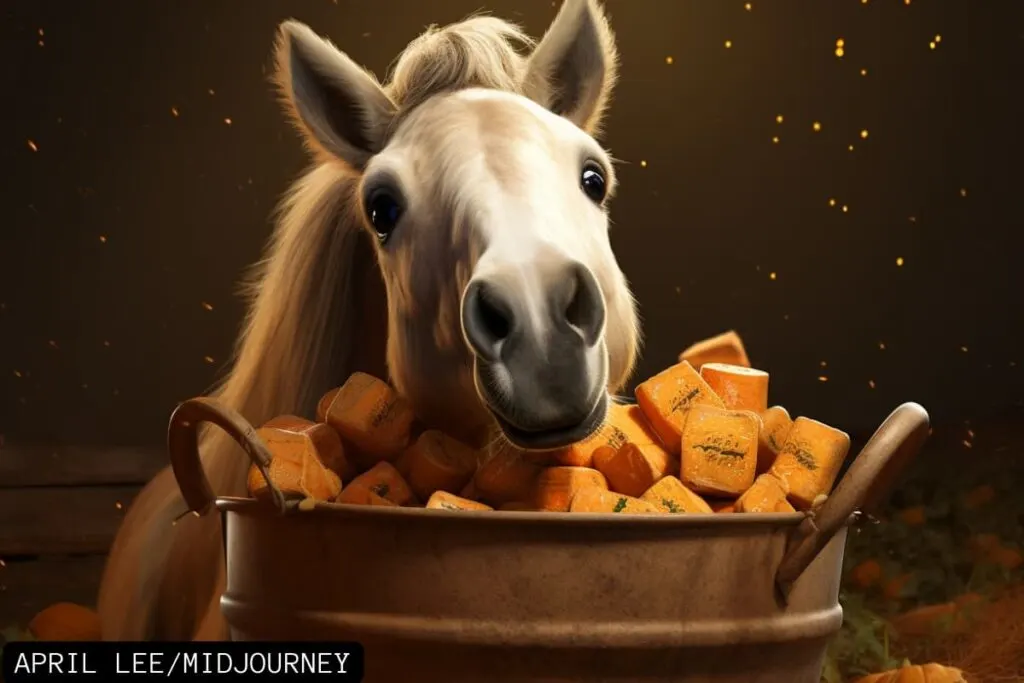
While sweet potatoes can be a healthy addition to your horse’s diet, feeding them in moderation is important. Like any food, too much of a good thing can be harmful.
Additionally, sweet potatoes are high in sugar and starch, which can lead to weight gain and other health issues if consumed in excess. As with any new food, it’s a good idea to introduce sweet potatoes gradually and monitor your horse’s reaction to ensure they don’t experience any adverse effects.
Table of Contents
Nutritional Benefits of Sweet Potatoes for Horses
If you are looking for a healthy and nutritious snack for your horse, sweet potatoes are a great option to consider.
They are rich in vitamins and minerals that can help support your horse’s overall health and well-being. Here are some of the nutritional benefits of sweet potatoes for horses:
Vitamin and Mineral Content
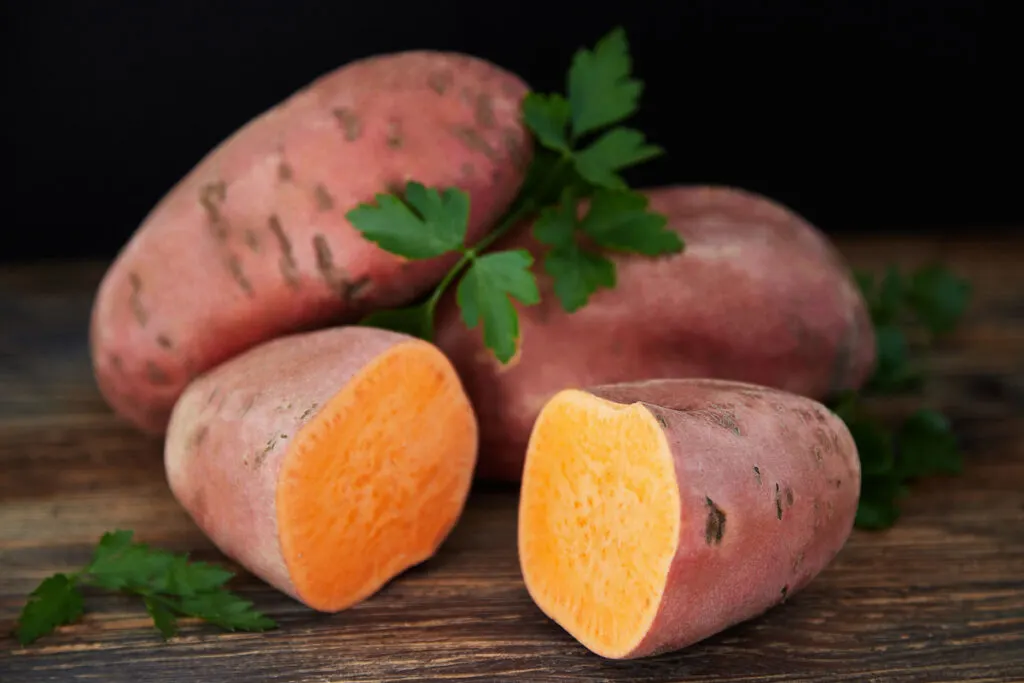
Sweet potatoes are a great source of vitamins and minerals essential for your horse’s health. They are particularly high in vitamin A, which is crucial in maintaining healthy eyes, skin, and immune function.
Sweet potatoes also contain vitamin C, which is an antioxidant that can help protect your horse’s cells from damage. Additionally, sweet potatoes are a good source of potassium, which is vital for maintaining proper hydration and muscle function.
Non-Structural Carbohydrates (NSC) in Sweet Potatoes
Sweet potatoes are also a good source of non-structural carbohydrates (NSCs), providing energy to your horse. However, keep in mind that sweet potatoes are relatively high in NSCs compared to other types of forage, such as hay and grass.
This means that you should feed sweet potatoes to your horse in moderation, especially if your horse is prone to metabolic issues such as insulin resistance or laminitis.
Sweet potatoes can be a healthy and nutritious addition to your horse’s diet. Just make sure to feed them in moderation and as part of a balanced diet that includes plenty of forage and other types of feed.
When feeding your horse sweet potatoes, follow safe feeding practices to ensure your horse stays healthy and happy. Here are some guidelines to help you determine the right portion size and frequency of sweet potato treats for your horse.
Determining the Right Portion Size
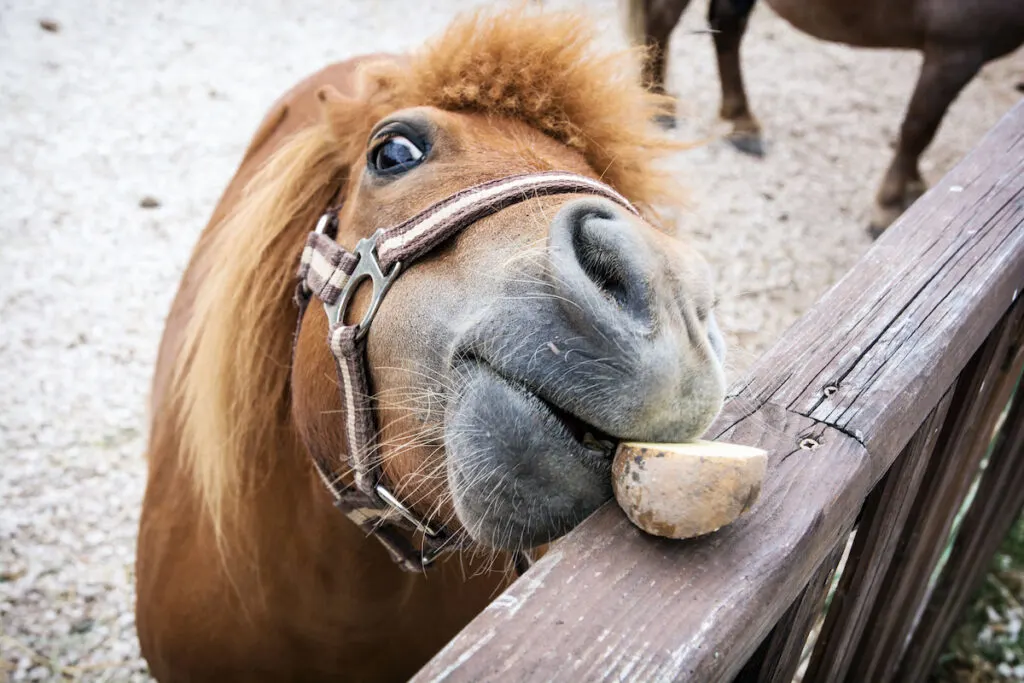
Sweet potatoes are a healthy and nutritious snack for horses, but only when fed in moderation. Horses should only be given a small amount of sweet potatoes at a time, as they are high in sugar and starch. The recommended portion size for sweet potatoes is no more than one to two cups per day, depending on the size of your horse.
If you are unsure about the appropriate portion size for your horse, consult with a veterinarian or equine nutritionist. They can help you determine the right amount of sweet potatoes to feed your horse based on age, weight, and overall health.
Frequency of Sweet Potato Treats
While sweet potatoes are a healthy snack for horses, they should not be given too frequently. Giving your horse sweet potatoes as a treat is recommended no more than once or twice a week. This will help prevent your horse from consuming too much sugar and starch, which can lead to health problems such as weight gain and insulin resistance.
In addition to sweet potatoes, there are many other healthy foods, roots, vegetables, and fruits you can feed your horse as snacks. Some examples include carrots, apples, and bananas. Just be sure to offer these treats in moderation and consult a veterinarian or equine nutritionist if you are unsure about the appropriate portion size or frequency.
Following these safe feeding practices ensures that your horse stays healthy and happy while enjoying the occasional sweet potato treat.
Potential Risks and Considerations
Toxic Plants to Avoid
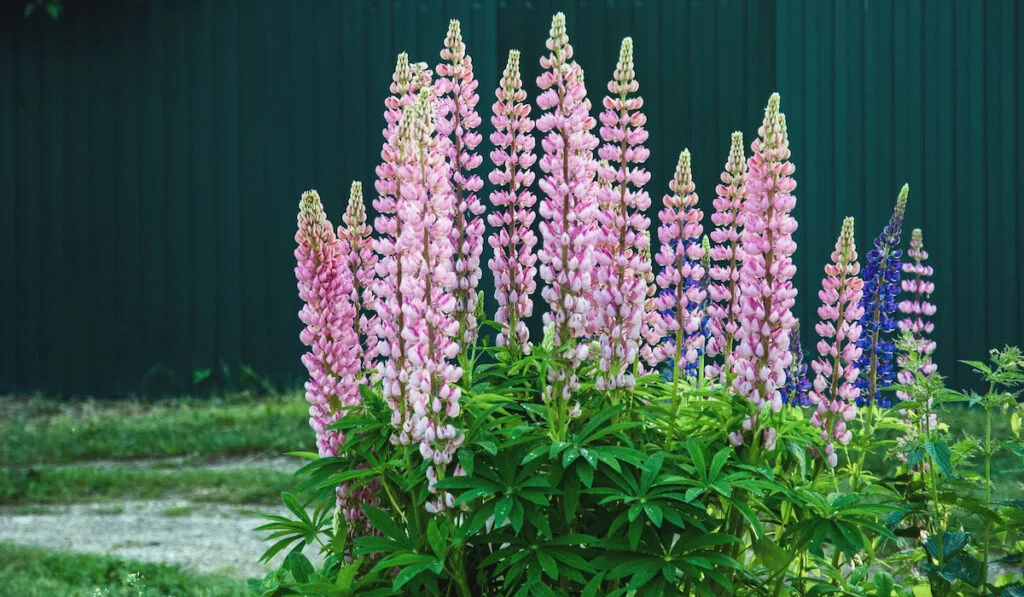
As a responsible horse owner, you must be aware of the toxic plants that can harm your horse. Some of the plants that are toxic to horses include poison hemlock, oleander, and lupine. These plants can cause severe health issues such as respiratory failure, cardiac arrest, and even death.
It is also important to note that sweet potatoes belong to the morning glory family and not the nightshade family like regular potatoes. Therefore, sweet potatoes are not toxic to horses.
Sweet Potatoes in Relation to Horse’s Overall Diet
Sweet potatoes can be a healthy addition to your horse’s diet when fed in moderation. They are a good source of vitamins and minerals, including vitamins A and D, which can help boost your horse’s immunity and strengthen their bones.
While sweet potatoes are safe for horses to eat, remember that they should not be the main component of their diet. Horses require a balanced diet that includes hay, grass, and grains.
It is also important to note that sweet potatoes contain high levels of soluble oxalates, which can bind with calcium and other minerals in the horse’s gut. This can potentially cause health issues such as urinary calculi and other kidney problems.
Therefore, it is important to feed sweet potatoes in moderation and cook them first to break down their complex carbohydrates into simpler sugars, making them easier for horses to digest.
Incorporating Sweet Potatoes into Equine Diets
Sweet potatoes are a great option if you’re looking for a healthy and nutritious addition to your horse’s diet. Not only are they safe for horses to eat, but they’re also packed with vitamins and minerals that can benefit your equine friend.
Alternative Healthy Treats
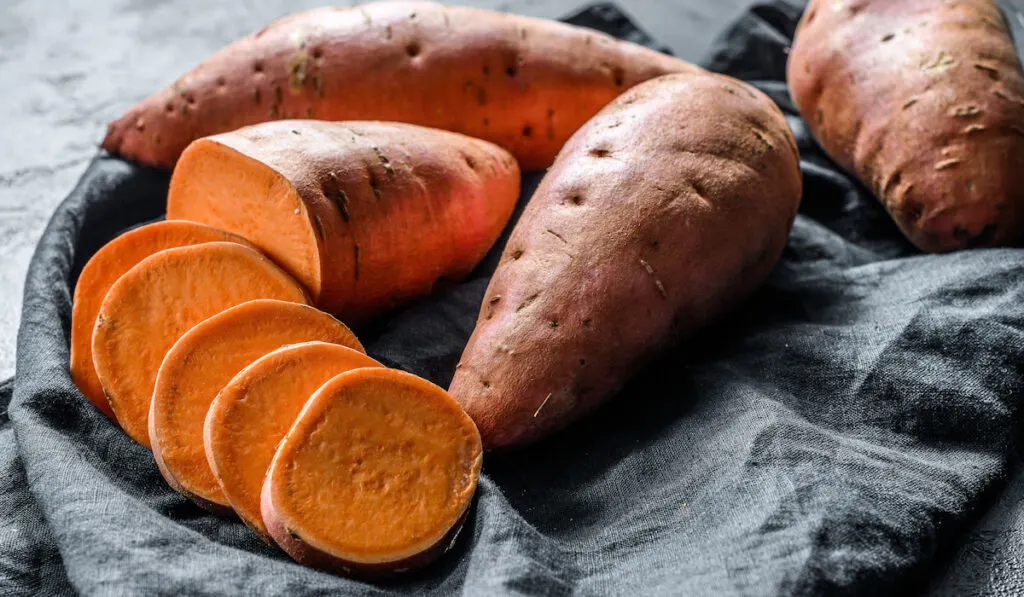
While limiting the amount of treats you give your horse is essential, having some healthy options on hand is also nice.
Sweet potatoes can be a great alternative to traditional treats like carrots and apples, which can be high in sugar. Plus, sweet potatoes are a great source of fiber, which can help keep your horse’s digestive system healthy.
When incorporating sweet potatoes into your horse’s diet, do so gradually. Start by giving your horse a small amount of sweet potato and monitor their reaction. Some horses may have allergies or sensitivities to sweet potatoes, so it’s important to introduce them slowly.
Sweet potatoes can be fed in several ways. You can bake or steam them and serve them as a treat or mix them into your horse’s regular feed. Sweet potatoes can be a great option if you’re looking for a way to add some variety to your horse’s diet.
It’s important to remember that sweet potatoes should be fed in moderation. While they are a healthy addition to your horse’s diet, they are also high in sugar and starch. Be sure to balance your horse’s diet with plenty of hay, forage, and other healthy options like alfalfa and beet pulp.

Frequently Asked Questions
Is it safe for horses to eat sweet potatoes?
Yes, sweet potatoes are safe for horses to eat. In fact, they can provide some nutritional benefits for the animals.
Should sweet potatoes be cooked before feeding them to horses?
While horses can eat raw sweet potatoes, cooking them before feeding is generally recommended. This makes the tubers easier for horses to digest and minimizes the risk of digestive issues.
Can feeding sweet potatoes benefit a horse’s health?
Yes, sweet potatoes can provide a variety of vitamins and minerals, including vitamin A, which can help to boost your horse’s immunity while also strengthening his bones, and vitamin D, which can lower the risk of cataracts.
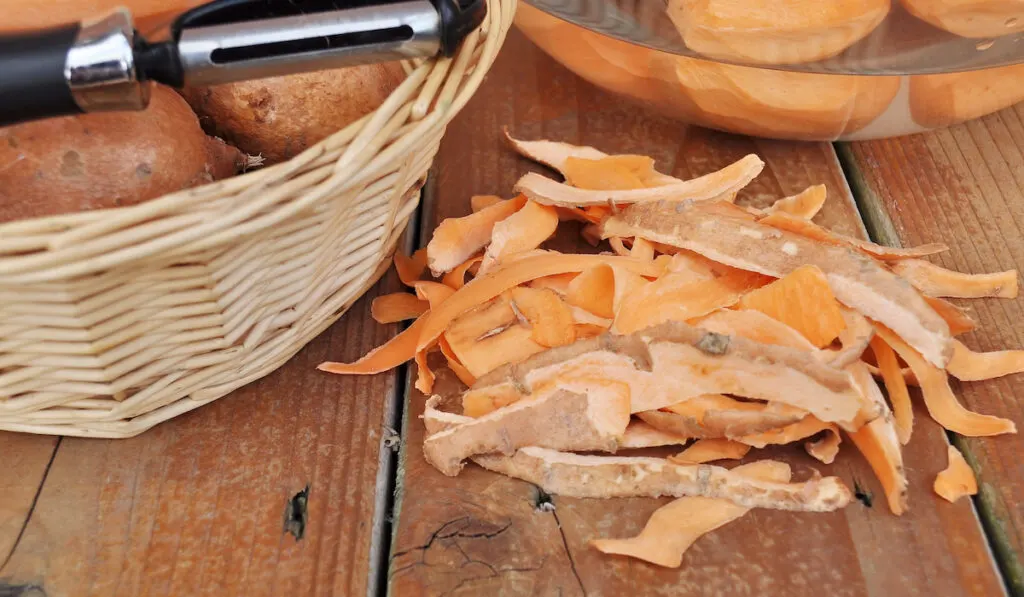
Are sweet potato skins a safe snack for horses?
Feeding sweet potato skins to horses is not recommended as they can be challenging to digest and may cause digestive issues.
Why are regular potatoes not recommended for horses?
Regular potatoes contain solanine, which can be toxic to horses in large quantities. It is best to avoid feeding regular potatoes to horses.
What other vegetables are safe for horses to consume?
Horses can safely consume a variety of vegetables, including carrots, celery, green beans, and pumpkins. However, it is essential to introduce new foods slowly to avoid digestive issues.

